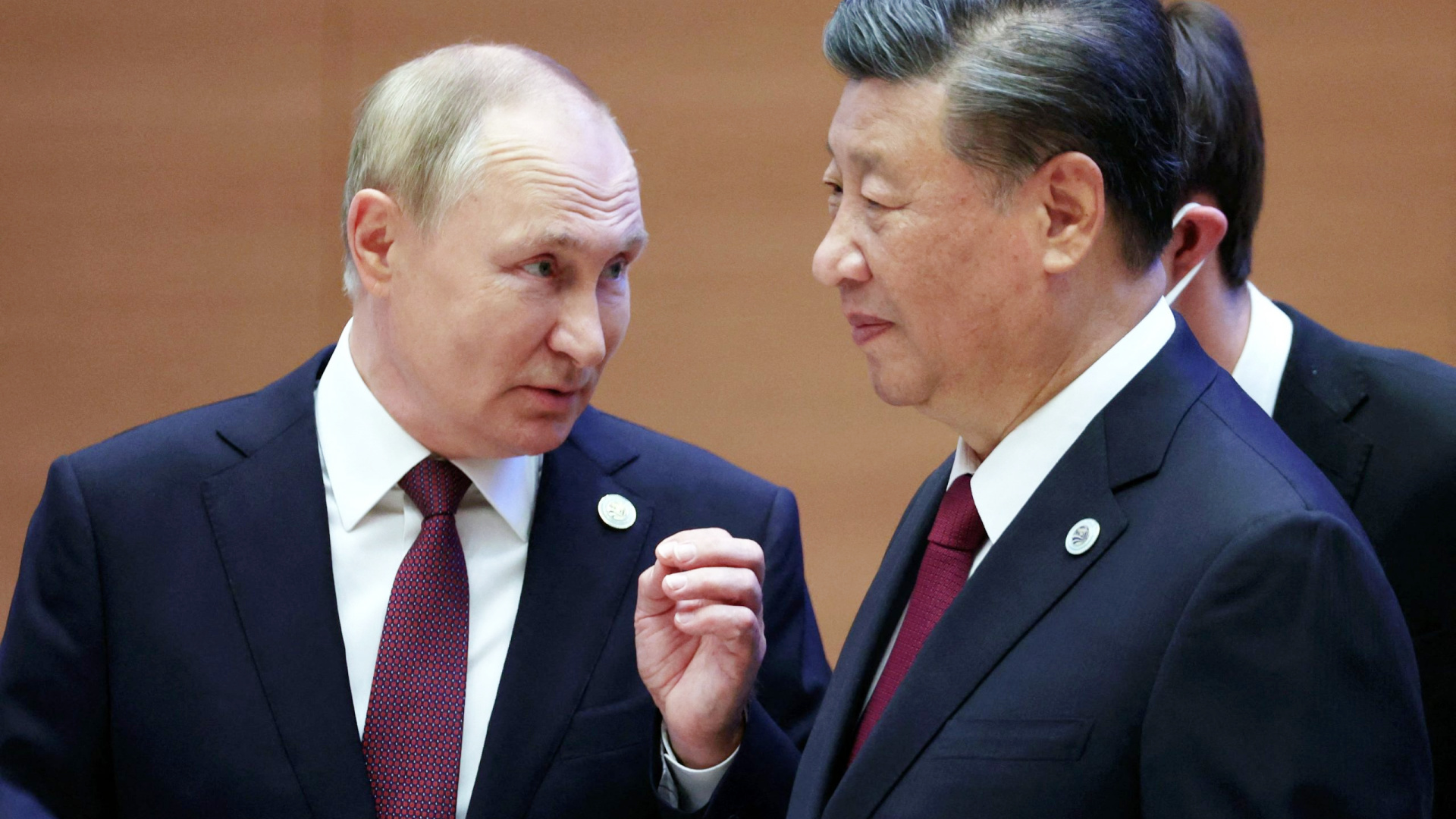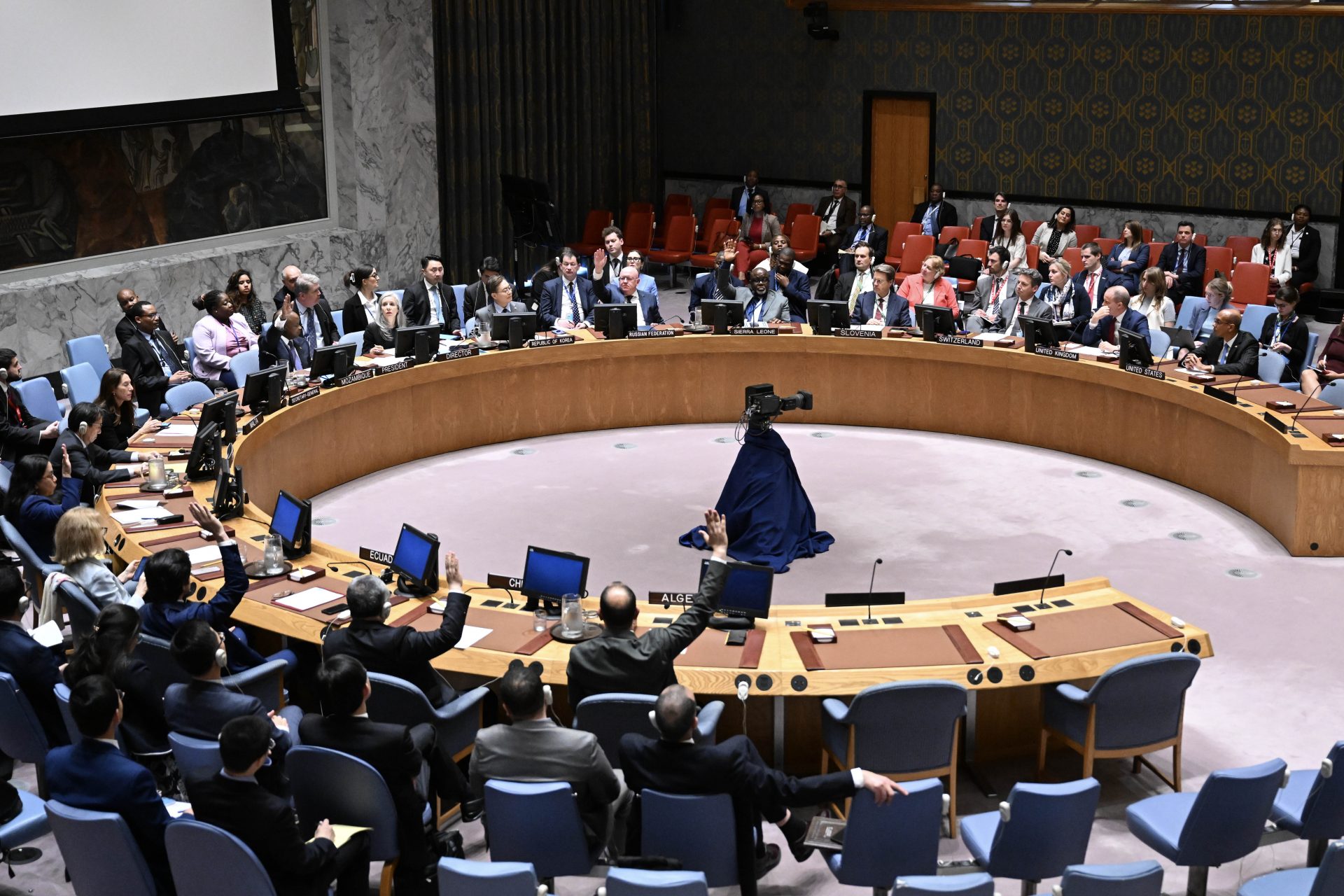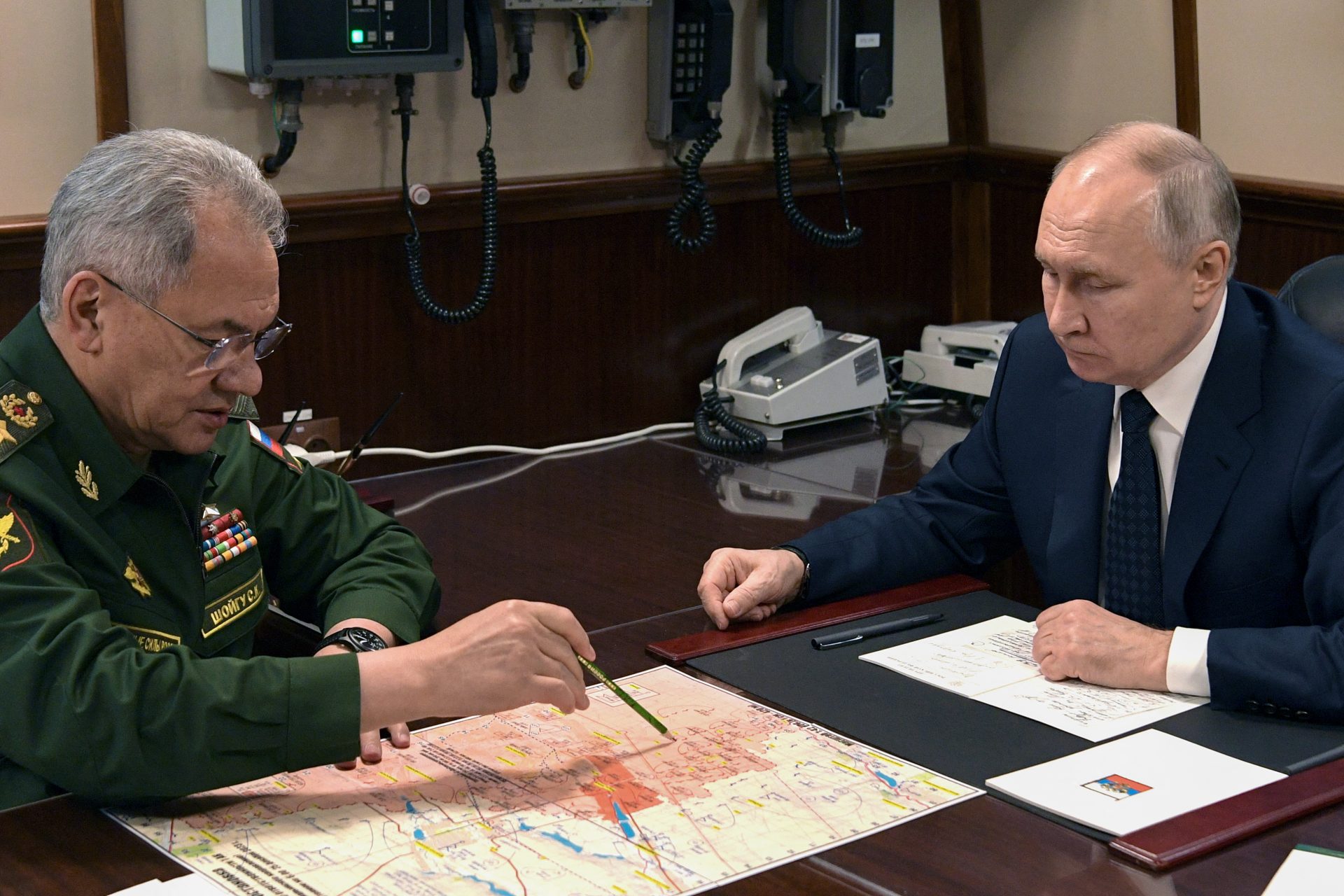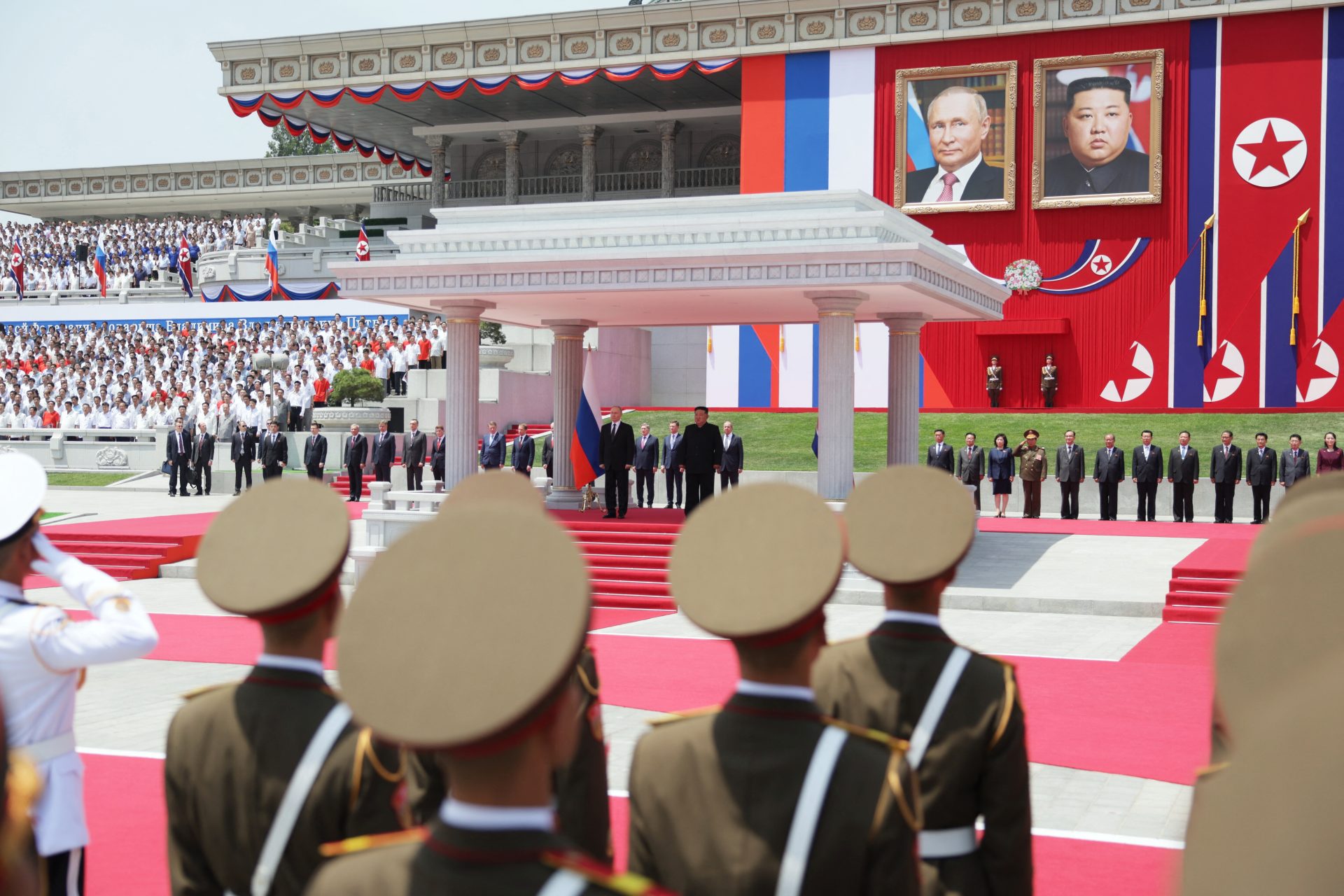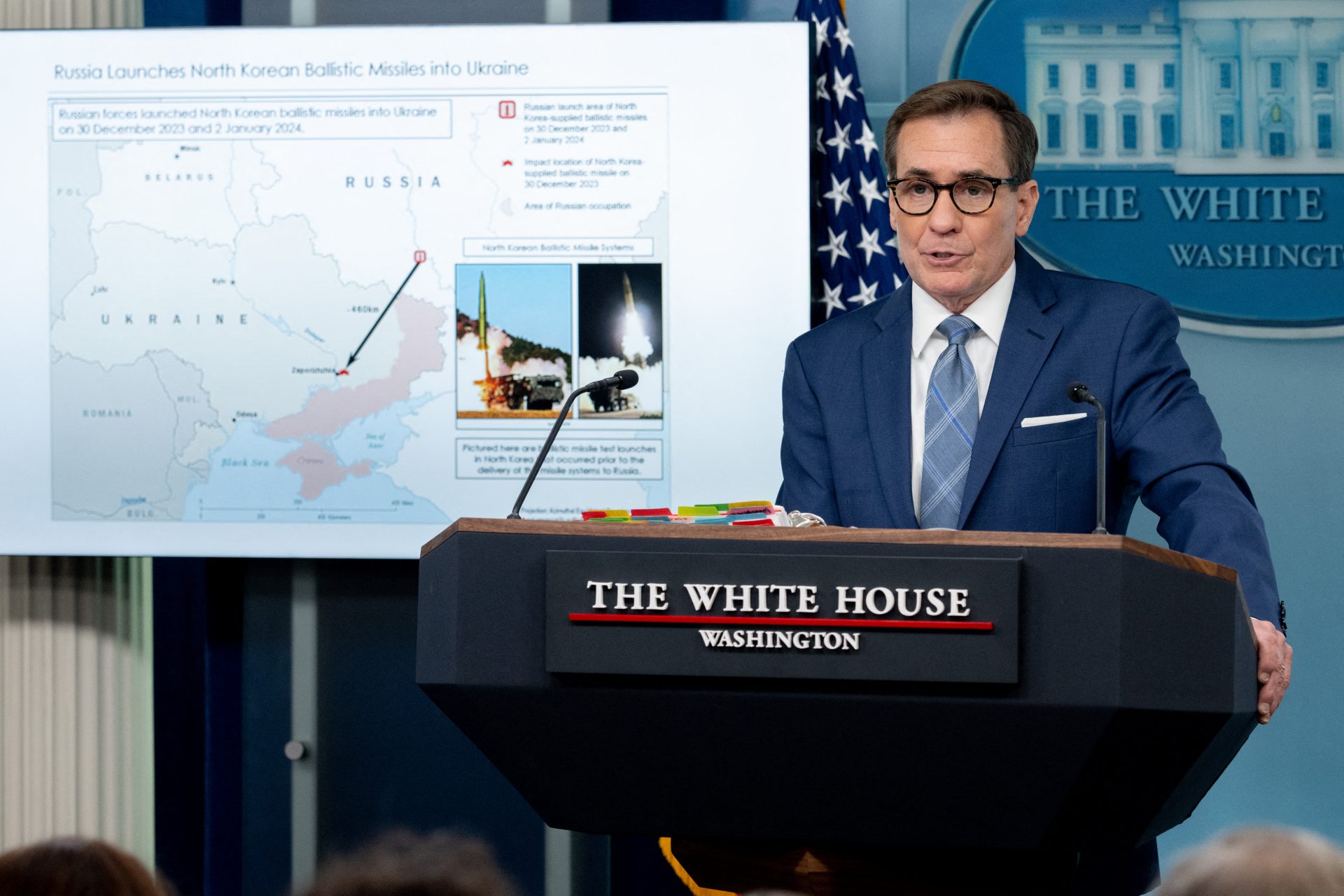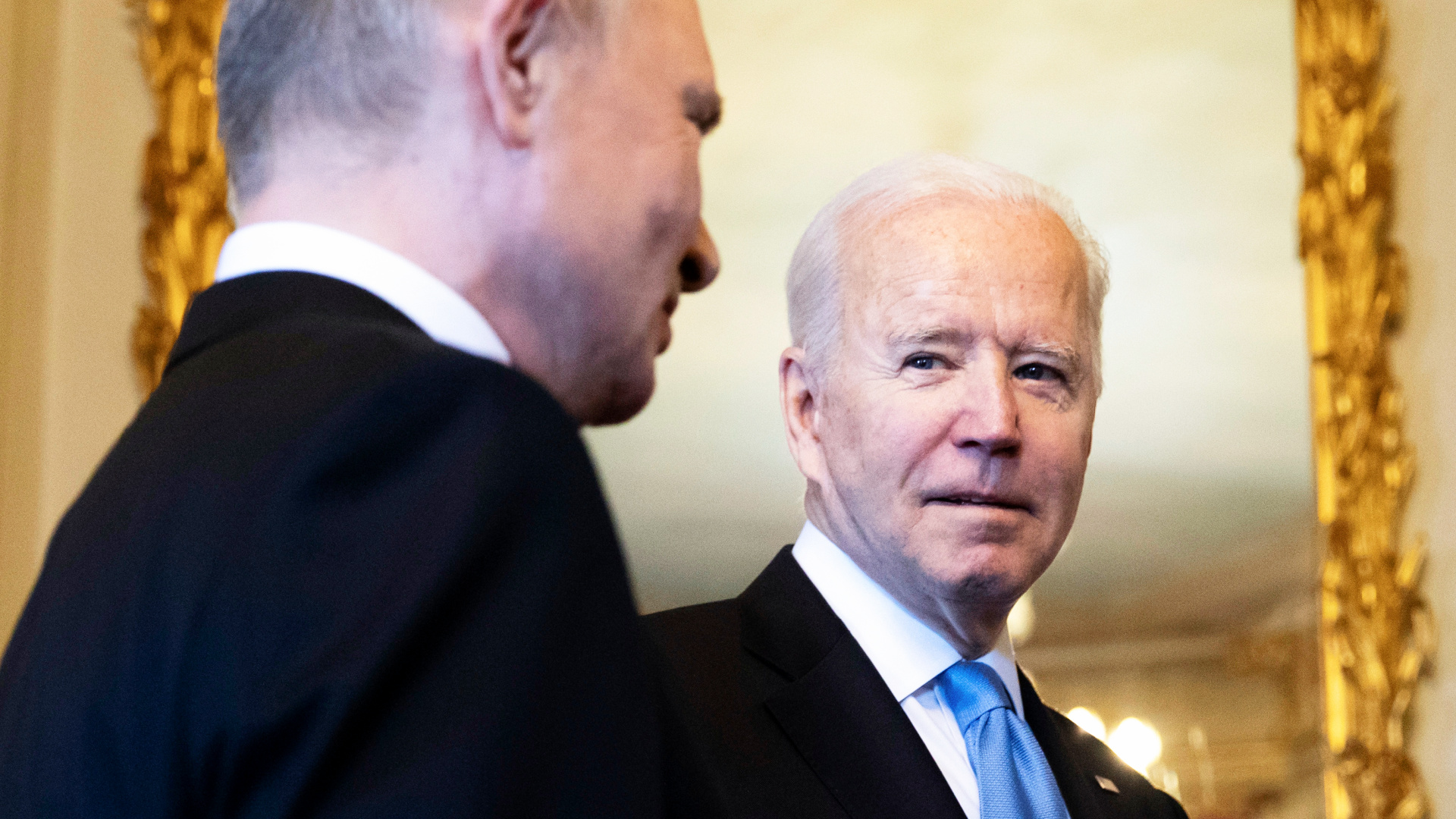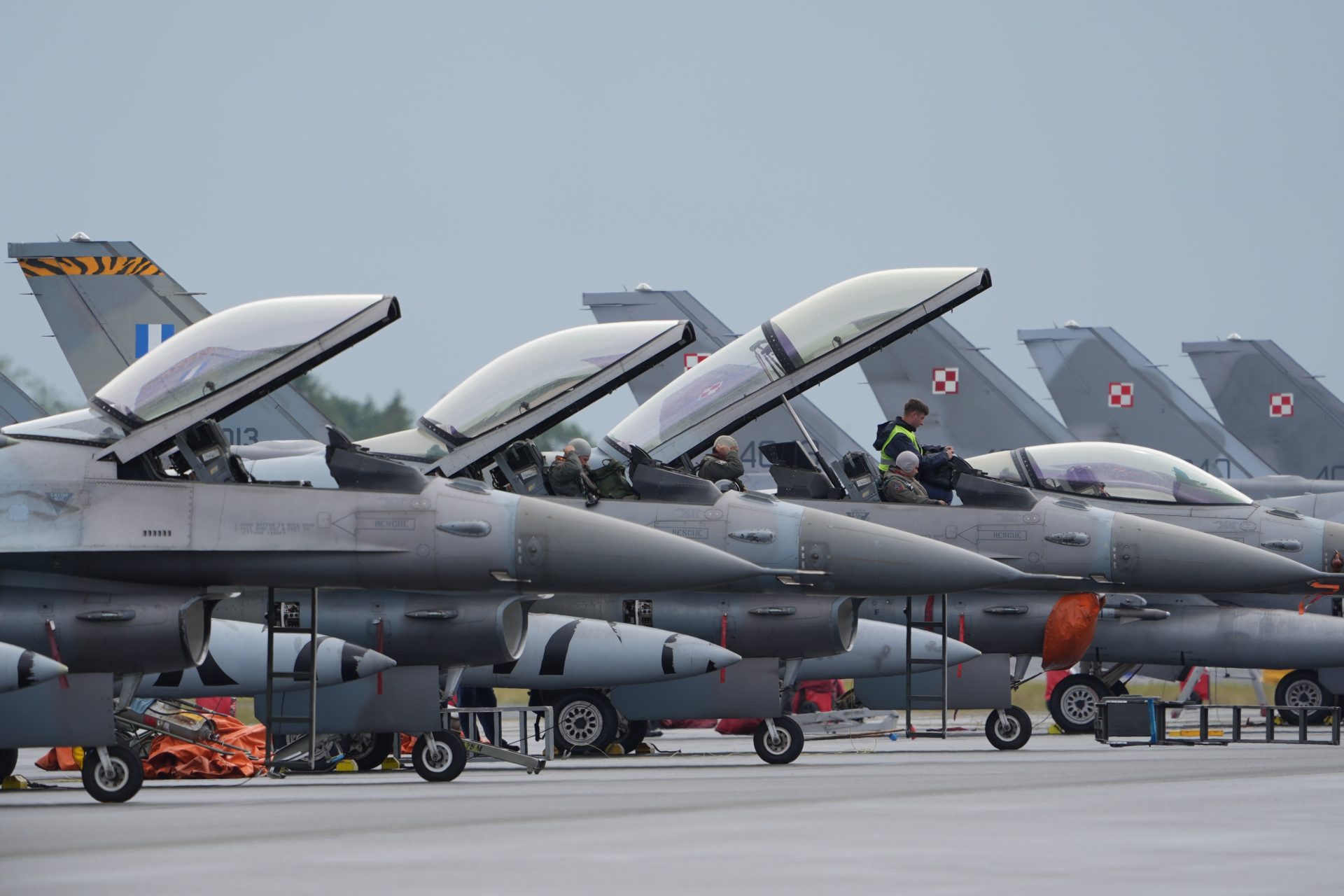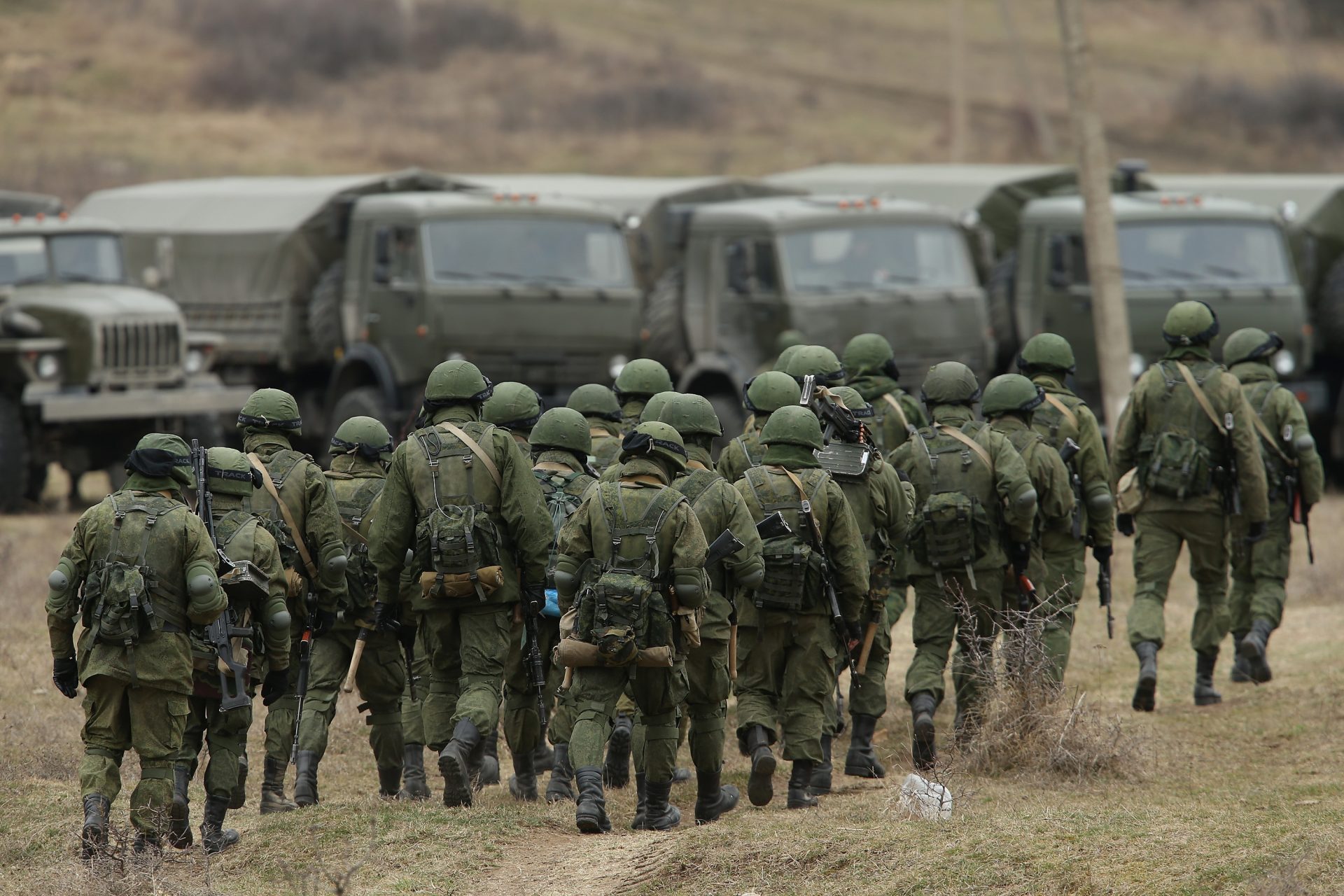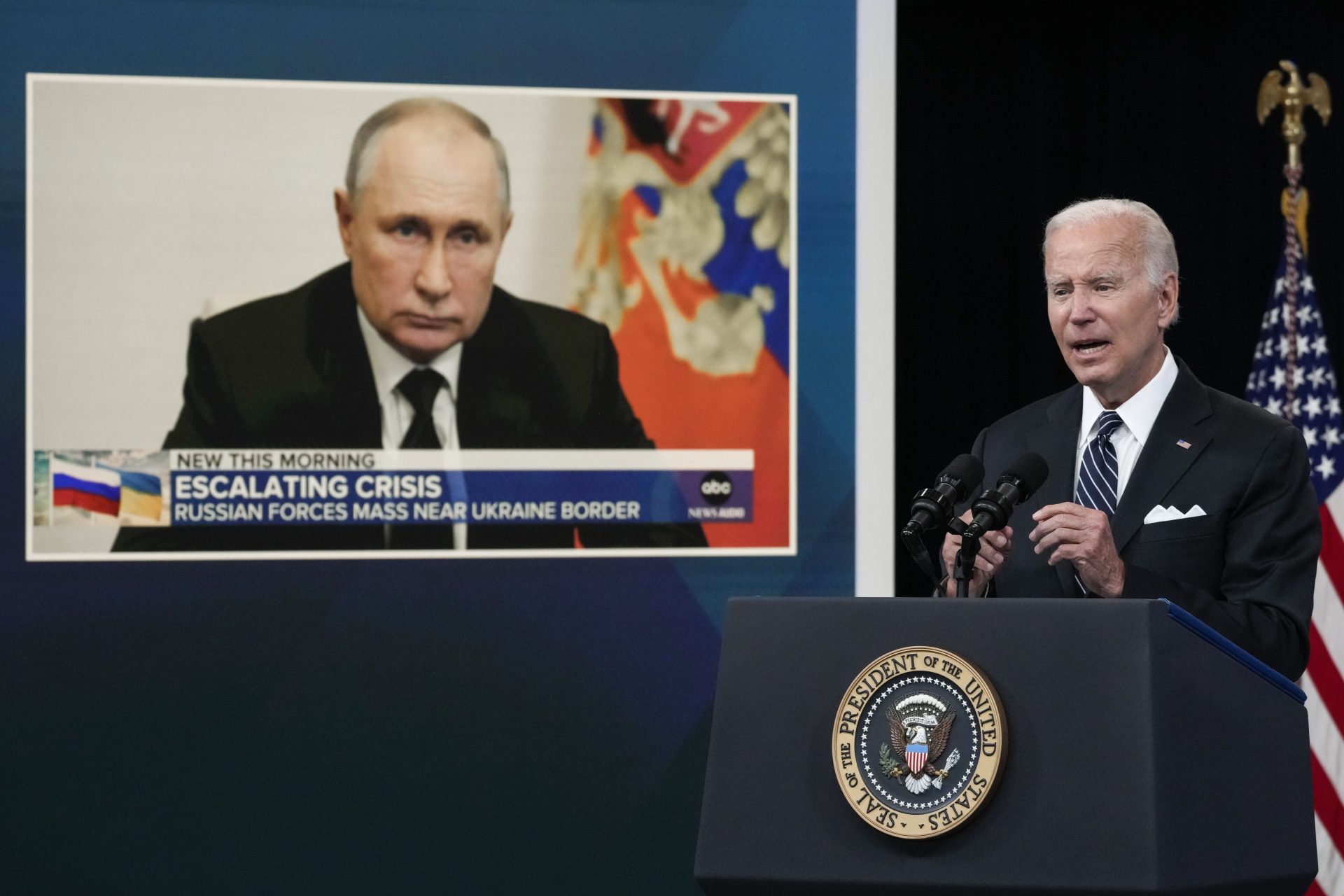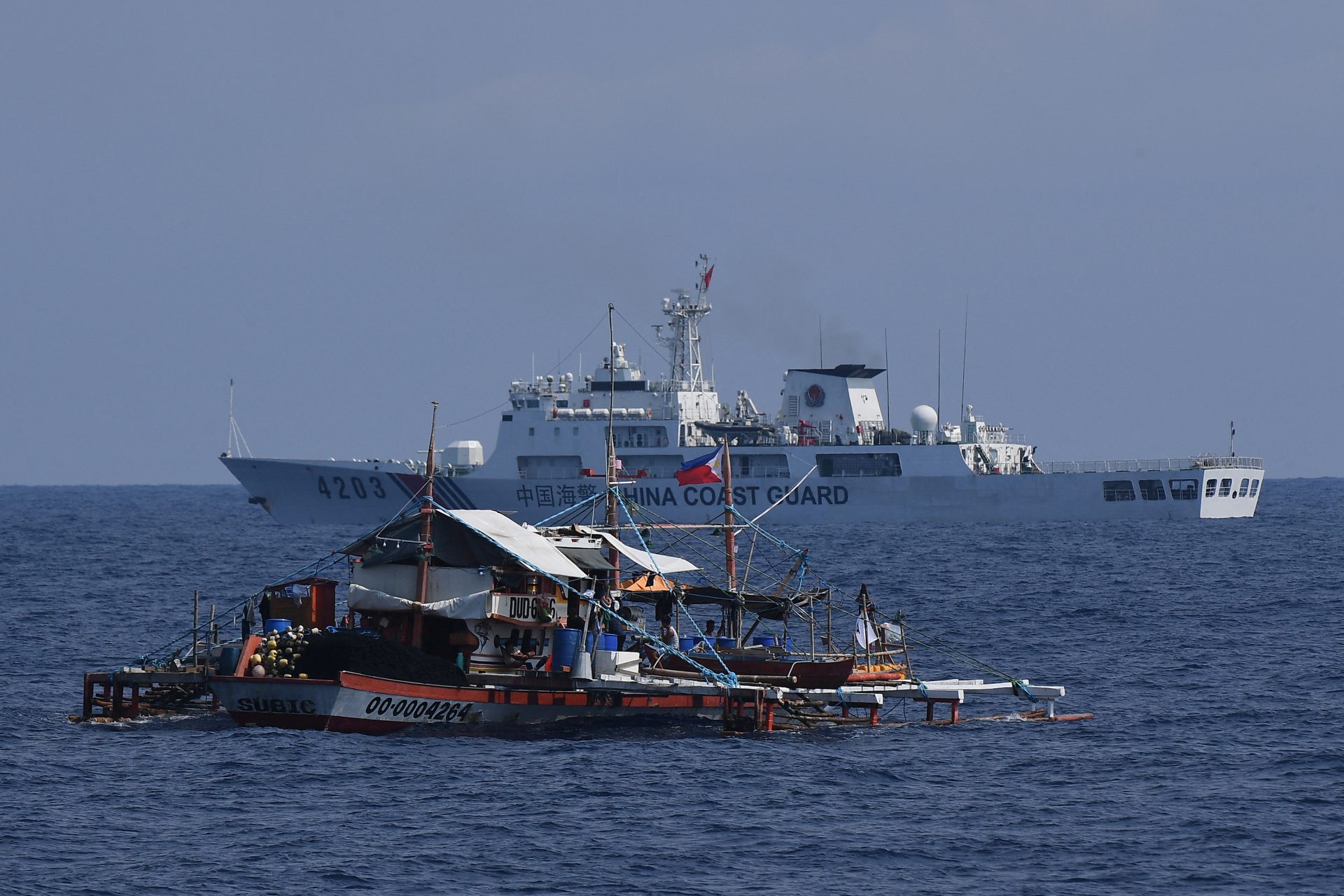US report warns of growing gray zone problems with Russia and China
The U.S. Office of the Director of National Intelligence released a report on July 31st, cautioning that the country would encounter rising gray zone assaults from its adversaries. But what exactly do gray zone attacks entail?
The Office of the Director of National Intelligence (ODNI) wrote in its report that the gray zone is a “realm of international relations” intersecting peaceful interstate diplomacy and direct armed conflict.
In 2022, the Washington-based think tank the Atlantic Council covered the gray zone in detail, writing that it was a set of activities that occur between peace and war in which an aggressor is trying to destabilize or weaken its target.
“They aim to thwart, destabilize, weaken, or attack an adversary, and they are often tailored toward the vulnerabilities of the target state,” wrote Clementine G. Starling, the deputy director of the Forward Defense for the Atlantic Council.
A lot of activities can fall within the gray zone, including “nefarious economic activities, influence operations, and cyberattacks to mercenary operations, assassinations, and disinformation campaigns,” Starling’s explained.
“Generally, gray-zone activities are considered gradualist campaigns by state and non-state actors that combine non-military and quasi-military tools and fall below the threshold of armed conflict,” Starling continued.
Grey zone activities and campaigns aren’t a new development. They have been employed extensively in the past. However, new technologies have expanded how state and non-state actors can target rivals and defend against gray zone attacks.
The recent ODNI report noted the world’s increased great power competition, and international relations in general, will result in an increase of gray zone activities through the 2030s by U.S. rivals like China, Russia, North Korea, and Iran.
Washington’s rivals will seek to “challenge the United States and gain advantage over other countries through deliberate campaigns, while also trying to avoid direct war,” the ODNI report explained.
“Gray zone campaigns are likely to increase and diversify because of more enabling technologies, the erosion or absence of accompanying norms, challenges with attribution, and perceptions of their advantages,” the ODNI report added.
The report also explained that gray zone campaigns were becoming “more invasive and tailored,” and added that opponents of the United States were using “well-honed tactics” to exploit new domains where norms and accountability have not been established.
The ODNI report essentially warned that more gray zone campaigns against the United States and its allies are coming, and noted that these activities would push the limits of the space due to the nature of campaigns being utilized.
Newsweek reported on the ODNI report and spoke with Matthew Savil, Director of Military Services at the Royal United Services Institute and a former civil servant with the UK Defense Ministry, who revealed how gray zone activities affect our world today.
"Russian attempts—via covert means or proxies like the Internet Research Agency—to amplify existing political division in the West fit the bill because of their subversive intent," Savill said before pointing out Chinese gray zone activities on the high seas.
China uses "notionally non-military" activities in the indo-Pacific region like using its coast guard to pressure countries in the region like the Philippines to accept its maritime claims on the South China Sea.
North Korea is no stranger to gray zone campaigns either and has used cybercrime to help prop up its economy, and as a tool against Pyongyang's foreign adversaries and individuals according to Savil.
“The growing prevalence, diversity, and intensity of gray zone campaigns and activities will pose increasing threats to the US Homeland, US resources and commitments, and the international order,” the ODNI report noted.
The only way to combat growing gray zone campaigns from American rivals is by “raising their perceived costs, improving US and partner defenses, and strengthening international rules governing these domains,” the report concluded.
More for you
Top Stories



